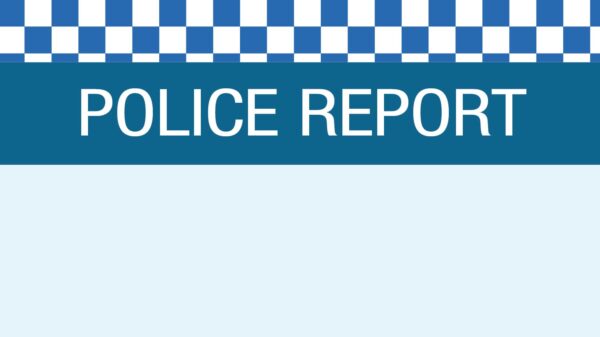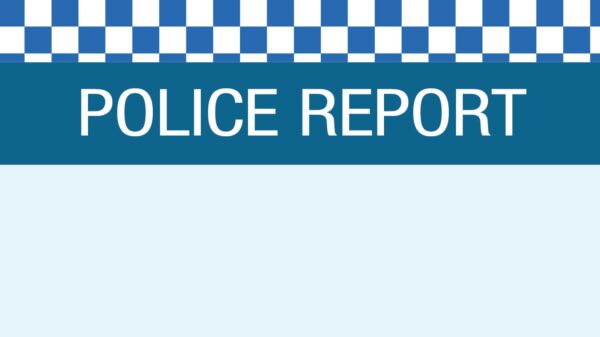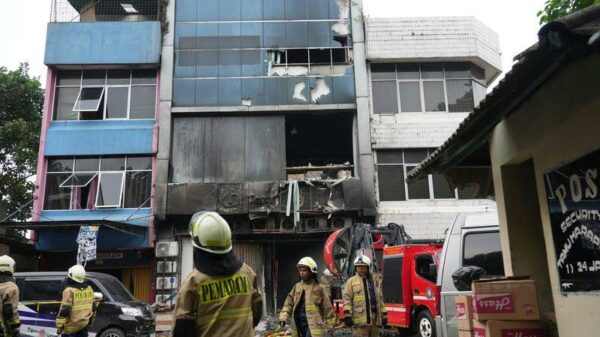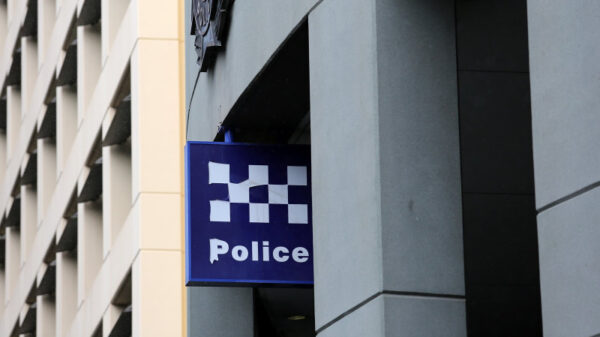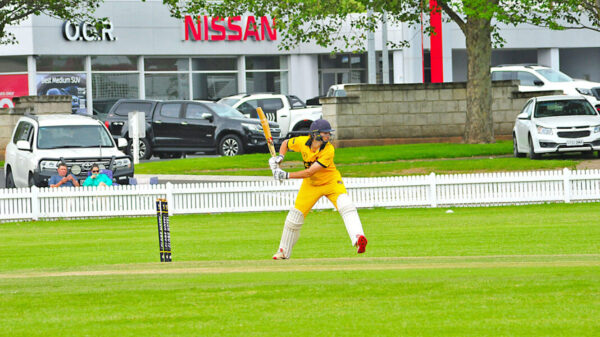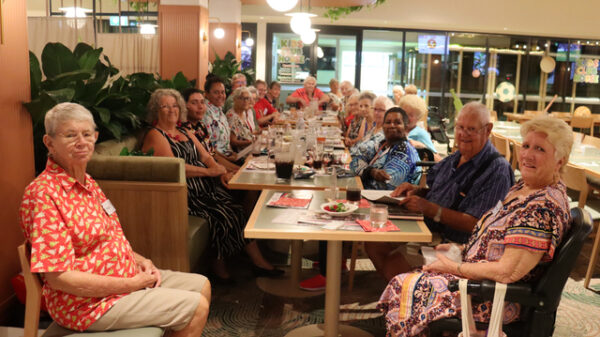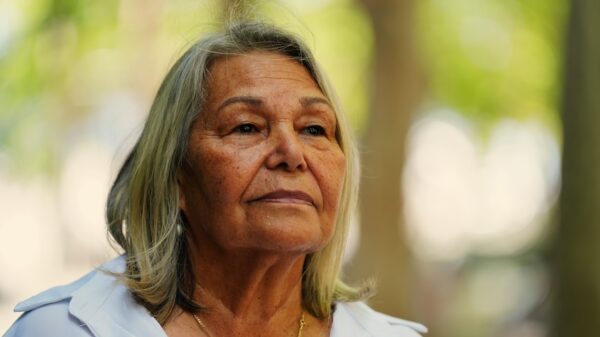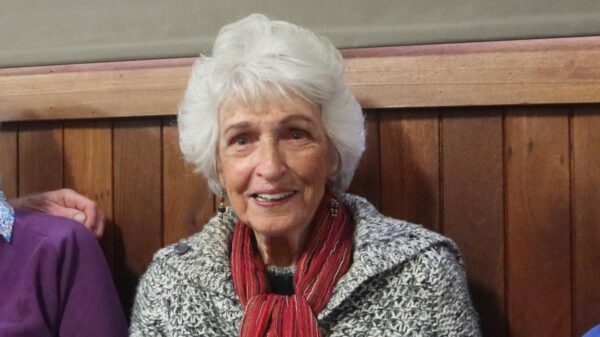A coroner’s inquest has revealed significant shortcomings in the health care system that contributed to the death of Wiradjuri man Wilfred ‘Whippy’ Williams, which has been deemed likely preventable. The findings were presented by Magistrate Harriet Grahame, who oversaw the inquest into the circumstances surrounding Mr. Williams’ death on September 13, 2019.
Mr. Williams, who struggled with schizophrenia since his teenage years, had experienced multiple involuntary admissions to mental health facilities, including Orange’s Bloomfield Hospital. Despite his history, which included a documented fear of inpatient care, clinicians had not formally assessed his cognitive impairment. Prior to his death, Mr. Williams was living with his mother, Lorraine ‘Tammy’ Bamblett, in Cowra, New South Wales, where she assisted him with daily activities.
On September 12, 2019, Mr. Williams exhibited signs of illness, prompting his parents to take him to Cowra Hospital. Magistrate Grahame noted in her report that despite their efforts, Mr. Williams was not seen by a doctor during his visit to the hospital. “After unsuccessfully seeking treatment, Whippy and his family returned home,” she stated. Tragically, his mother found him unresponsive the following morning. Emergency services were unable to revive him, with the official cause of death listed as diabetic ketoacidosis and multi-organ failure due to pneumonia.
The inquest highlighted a lack of empathy and care shown to Mr. Williams and his family by the hospital staff. Upon arrival at Cowra Hospital around 18:00, Mr. Williams was triaged and had his vital signs measured. However, he left the emergency department before his blood glucose levels could be tested. According to the coroner, his electronic health record did not contain alerts regarding his mental health history, cognitive impairment, or his reluctance to remain in the hospital.
At one point, Mr. Williams expressed to his parents his desire to leave, despite their attempts to persuade him to stay. The nurse who assessed him also incorrectly noted that he was “neither Aboriginal nor Torres Strait Islander.” Magistrate Grahame remarked, “I do not accept that it would have been possible for an appropriately trained staff member… to not be able to accurately identify his First Nations heritage.” She further suggested that the involvement of an Aboriginal health worker might have positively influenced Mr. Williams’ decision to remain for treatment.
Despite being assigned a triage category two, indicating the need for medical attention within ten minutes, Mr. Williams was not seen by a physician before leaving approximately 40 minutes after his arrival. “Flaws in the triage process resulted in lost opportunities, which ultimately robbed Whippy of any chance of survival,” Magistrate Grahame concluded. She emphasized that Mr. Williams’ condition was treatable, and his death could likely have been prevented with timely medical intervention.
The coroner criticized the failure to alert a doctor about Mr. Williams’ situation as a “very significant omission.” Tragically, Ms. Bamblett, who had been a strong advocate for the inquest, passed away before its commencement. Magistrate Grahame noted the delay in proceedings, exacerbated by the Covid-19 pandemic, prevented her from witnessing the investigation she had worked so hard to initiate. A statement from Ms. Bamblett was read during the inquest, emphasizing her serious concerns about her son’s treatment.
In light of the findings, Magistrate Grahame made several recommendations for the Western NSW Local Health District. These included a review of the cultural competency training provided to staff and the development of an Aboriginal health partnership advisory consultative group. She also suggested enhancing accessibility to Aboriginal health workers around the clock, although the health district cited a shortage of trained personnel as a barrier to implementation.
Mr. Williams’ aunt, Alison Cutmore, expressed the emotional toll of revisiting the circumstances of his death during the inquest. “It’s been a very long road to get the results we have gotten, but it won’t bring our beautiful boy back at the end of the day,” she lamented.
The Western NSW Local Health District has been approached for comment regarding the inquest’s findings and recommendations. The case highlights ongoing challenges within the health care system, particularly concerning the treatment of First Nations individuals in rural areas.

